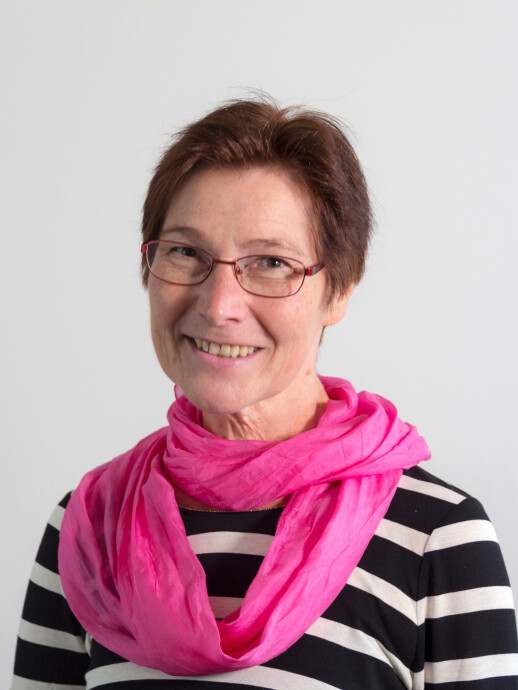
Contact
Links
Areas of expertise
Biography
Seit 2001 arbeite ich als Universitätslektorin an der Universität Turku (2. Promotion als FT in Turku im Jahr 2003, Dozentur für Sprachwissenschaft an der Universität Turku 2002, vom 1.1.2008-31.7.2009 stellvertretende Professorin im Seminar für Deutsche Philologie).
Von 1997-2001 war ich als Lektorin an der Universität Oulu tätig (Dozentur für Sprachwissenschaft an der Universität Oulu 2001).
Von 1994-1997 hatte ich eine Anstellung als wissenschaftliche Angestellte an der Universität Bayreuth/Deutschland (1. Promotion als Dr. phil. in Bayreuth im Jahr 1996, MA in deutscher Sprachwissenschaft 1994).
Research
The Turku remand prison (formerly the Central prison in the Turku and Pori Province, founded in 1890) was located on the Turku Kakola hill until 2007. The Turku remand prison housed Finnish inmates from the Turku and Pori Province as well as foreign prisoners who waited for their case to be processed, for their sentencing, as well as for any further measures. The research project aims to bring out new information about foreign prisoners, especially those of German nationality. The study covers a period that extends from 1914 to the present.
The research project paves the way for the study of "turning points" in the Finnish history from the perspective of linguistic diversity. Its results complete our understanding of changes in the Finnish legal culture. Furthermore, an interesting contribution to our understanding of cultural history can be expected from results concerning our understanding of the influence of German people and German culture in the Turku area at the beginning of the 20th century.
2. Mourning in animal cemeteries
This project examines animal cemeteries in five different areas in Germany. The focus lies on the verbalization of grief. Furthermore, animal names and indications of multilingualism on the grave markers are analyzed. The aim is to describe the structures and the individuality of the local mourning cultures and to compare them with similar phenomena in other areas of Germany. As the next step, the findings from the animal cemeteries are compared with findings on human graves to identify differences and similarities. A comparison with Finnish animal cemeteries is in planning.
3. Further research interests:
- Postage stamps as a source for regional studies and culture and as a type of text
- Linguistic landscapes
- Biographies (Jewish fates in science, correspondence between scientists)
- Advertising and advertising language